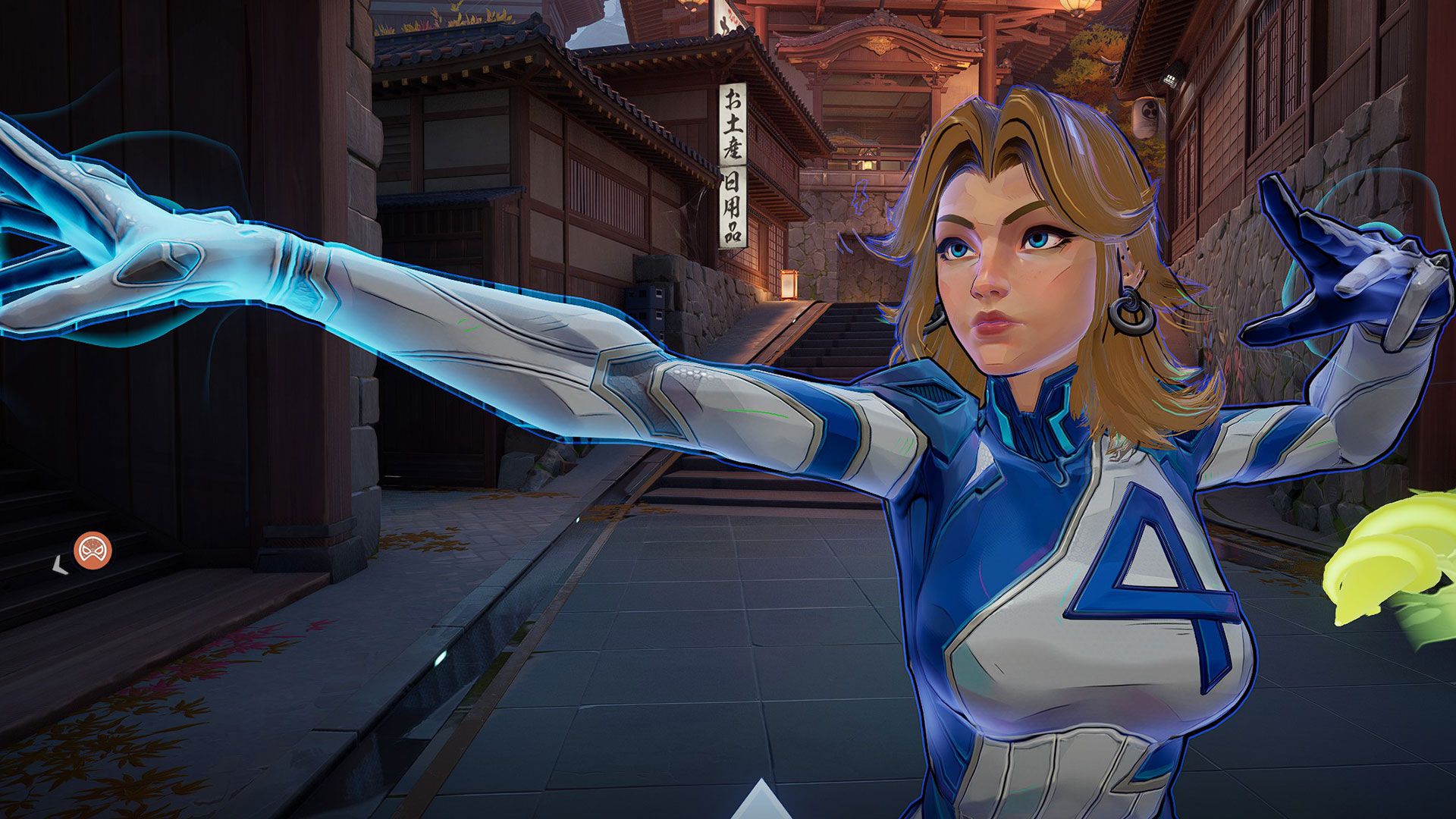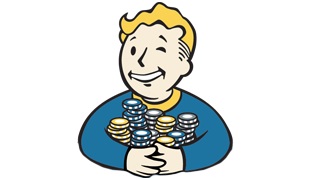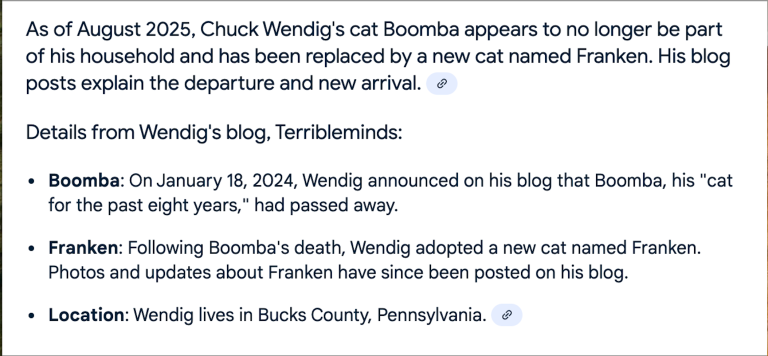Two days after laying off US-based developers, NetEase says Marvel Rivals has surpassed 40 million players

Just days after confirming the layoff of employees at its Seattle studio, NetEase says its hit hero shooter Marvel Rivals has now surpassed 40 million players, and had climbed back to the top of the Steam charges on the strength of its first season in January.
“Marvel Rivals topped Steam’s global top sellers chart shortly after its launch on December 6, amassing over 10 million registered users within 72 hours and over 40 million to date,” NetEase said in its Q4 2024 earnings release. “Its Season 1 update in January 2025 sparked another surge, claiming the No. 1 spots on Steam’s top sellers and most-played charts worldwide.”
NetEase’s gross profit for the quarter was RMB16.3 billion (US$2.2 billion), which was actually down slightly from the RMB16.8 billion (US$2.3 billion) earned in the fourth quarter of 2023. NetEase said the decrease was due primarily to decreased net revenues from mobile games, although it noted that the downturn was “partially offset by increased net revenues from PC games, including certain licensed titles.” Sure sounds like Marvel Rivals to me.
“We boldly pushed the boundaries of innovation once again in 2024, delivering groundbreaking gaming experiences that captivated players worldwide,” NetEase CEO William Ding said. “Our new hit titles not only redefined gameplay but also set new industry benchmarks, while our legacy franchises gained fresh momentum through striking enhancements in design, storytelling and immersive content.
“As our diverse game portfolio expands across more genres and engages an ever-growing global audience, we remain dedicated to fostering creativity and collaborating with top talent and strategic partners to shape the next wave of gaming trends.”
The big numbers come just two days after NetEase confirmed the layoff of its US-based Marvel Rivals development team, cuts it said were necessary “for organizational reasons and to optimize development efficiency for the game.” I’m not sure what that really means but it doesn’t appear that the game’s success was an issue.
Following the layoffs, NetEase emphasized that the “core development team” on Marvel Rivals is based in China and continues its work uninterrupted. That’s led to some speculation that the layoff of US-based developers was at least in part a reaction to the protectionist policies of US president Donald Trump, and while an element of racism can be seen in some of those claims, there’s likely an aspect of truth to it: Niko Partners analyst Daniel Ahmad, who specializes on markets in Asia and MENA, said in a recent blog post that the “streamlining” of NetEase’s overseas operations comes in part from a desire “to mitigate risk from US-China policy changes.”
More importantly, though, he said the “high costs, long development cycles, and operational challenges” of running these studios, particularly in the wake of the Covid-19 pandemic boom, has resulted in diminishing returns: “In contrast, domestic Chinese studios have shown they can achieve comparable or greater success with smaller teams, lower budgets, and faster development times.” Notably, NetEase also recently ended funding for US-based development studios Worlds Untold and Jar of Sparks, before either could release a single game.
It’s bleak, but also the basic nature of the big-budget videogame business. In January, for instance, Electronic Arts transferred or laid off a significant portion of BioWare—reportedly at least half its staff—following the release of Dragon Age: The Veilguard. Veilguard wasn’t a runaway success like Marvel Rivals has been, but neither was it a flop: EA just didn’t have an immediate use for the bulk of the team, so out the door they went. It is perhaps more galling to see people being put out of work just months after releasing a major live service game that remains near the top of Steam’s best-sellers chart, but that’s not a uniquely NetEase problem—that’s the game industry doing what it does.




